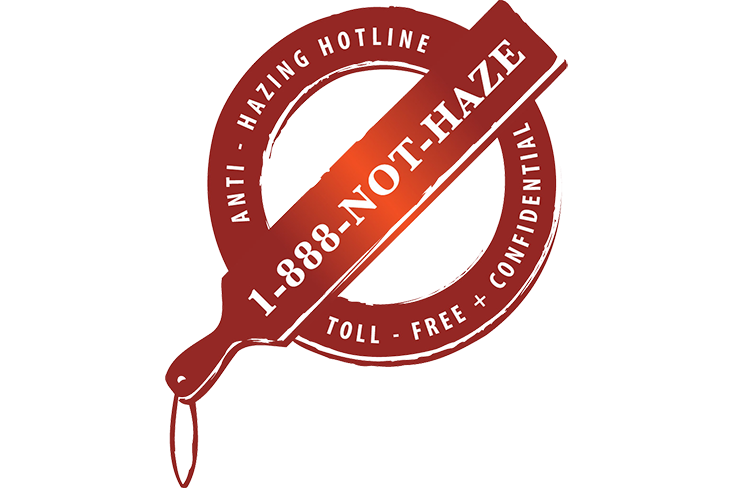LOSS PREVENTION
Part of being a better man is the commitment to providing a safe, healthy environment for our members and friends.
What is Loss Prevention?
Loss Prevention is what Delta Upsilon calls our policies, education and strategies around the wellness and safety of our members and guests. This includes policies regarding alcohol and drugs, hazing, sexual assault, fire and more.
“Prevention” is the key word in our Loss Prevention model. Opposed to being reactionary to problems as they occur, we want to prevent them from happening in the first place. This is why we educate our members, officers and advisors at national programs, offer recorded webinars, and provide educational programming that can be facilitated at the chapter level. We even identify campus-based professionals to facilitate Loss Prevention workshops and keep a database of trained volunteers who can help.

Our Programming
Each Delta Upsilon chapter has a Vice President of Risk Management on its Executive Board. This officer is charged with planning and executing Loss Prevention programming for his chapter, as well as educating his brothers on Loss Prevention policy.
Each semester, every chapter must have:
- The chapter hosts an external speaker or attends an external presentation on campus on the topic of sexual assault prevention with at least 75% of the membership in attendance.
- The chapter hosts an external speaker or attends an external presentation on campus on the topic of alcohol and other drug education with at least 75% of the membership in attendance.
- The chapter hosts an external speaker or attends an external presentation on campus on the topic of hazing prevention with at least 75% of the membership in attendance.
- The chapter has least 75% of members attend an external cultural and/or justice-focused event on campus or in the community (i.e. MLK Day speaker, equality rally, educational event sponsored by a culturally-based student organization or campus office, etc.)
Every Associate Member of the Fraternity receives additional education on Loss Prevention topics through:
- The Associate Member Education Program
- CommunityEdu, a science-based, online program on alcohol, hazing, sexual assault, mental health and inclusivity.
Our Policies
Our Fraternity policies follow North American Interfraternity Conference Alcohol and Drug Guidelines and apply to all Fraternity entities and all levels of Fraternity membership. All activities of Delta Upsilon chapters and associate chapters must be in compliance with Fraternity and university policy, as well as all federal, state, and local laws.
Our Policies Allocation Model Additional Insured Form General Liability Insurance Certificate Request Claim and Dispute Resolution PlanCode of Conduct Substance-free Housing Policy
Resources
Delta Upsilon offers a variety of resources to help chapters with Loss Prevention. Chapter Vice Presidents of Risk Management can find additional resources on the Chapter Resources page.
To help with event planning, chapters may download an app through DU's insurance partner, Holmes Murphy. Visit your app store, search for "HM Event Planner", and download the free app. A fill-in PDF version of this tool is linked below.
Event Planning Guide Sober Monitor Resource Review of LP Policies and Procedures Webinar
Anti-Hazing Hotline
Delta Upsilon is a proud sponsor of the Anti-Hazing Hotline. This hotline was established in 2007 by a consortium of national fraternities and sororities, is currently sponsored by 47 national and international Greek organizations.
The Hotline provides an anonymous telephone line for anyone to report a suspected or recent hazing incident to one number 1-888-NOT-HAZE (1-888-668-4293) that accepts calls 24 hours a day. The Hotline connects to a dedicated voice mailbox at Manley Burke, LPA. The calls are automatically saved as audio files that are then transmitted by e-mail to the headquarters of the fraternity or sorority named in the report. This is true whether or not the reports are about one of the sponsors or another organization. In some instances, reports are about athletic teams, bands or clubs. When those calls are received, the institution where the organization is located is contacted.

